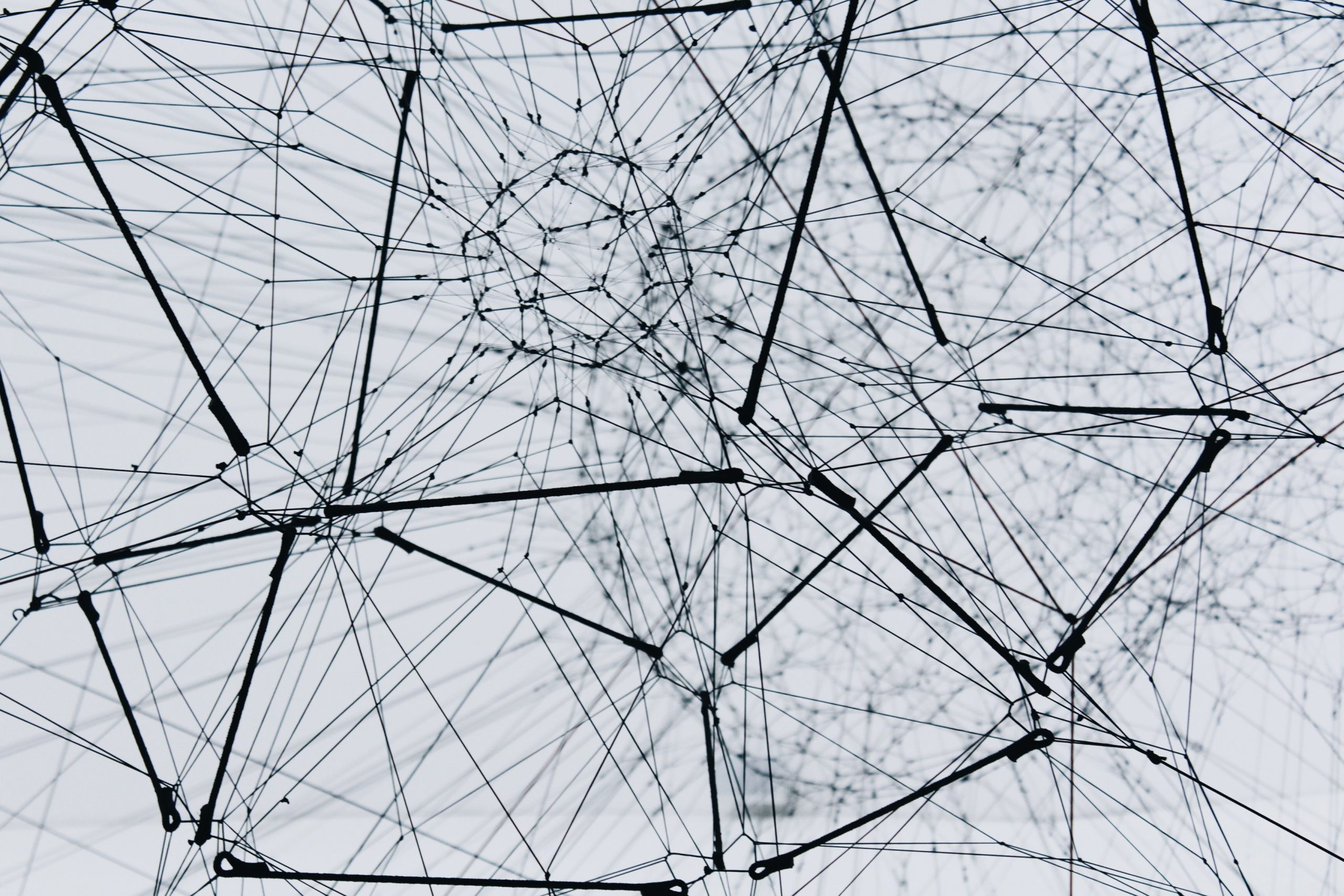Currently, smartification and digital transformation of living spaces are rapidly advancing in Japan and abroad, and are beginning to have a variety of positive and negative effects on society. This study focuses on the “WE problem”, which is defined as the impoverishment of real and virtual “WE” (human relationships, bonds, and communities), and draws a prescription for the smartification and digital transformation to revitalize the “WE.
The “WE problem” here is precisely how to prevent the weakening of human bonds and relationships in real life environments and the spread of smart mobism in virtual spaces (the prevalence of hate talk and vulnerability to fake news), and how to make real WE more fertile and virtual WE more healthy. This project will answer this question by closely linking in-depth research on the view of human and society with empirical research through collaboration among the humanities, sciences, industry, and academia.
What is the “WE problem”?
This project sees the WE problem as being partly caused by the Kantian view, which sees human beings as “capable beings” and places his/her essence and dignity in autonomy and self-determination, and the Western modern perspective represented by the Hegelian view of society that aims to maximize such individuals’ “capabilities (abilities and functions)”. In this view, even when the importance of community is emphasized, a self-sufficient and self-reliant individual who can live alone without WE is always assumed to exist prior to it, and a “I”-centered WE that continues to place such a naked-“I” at the center of its interests is assumed. These have become global de facto standards throughout the 20th century, and are considered the official international view as seen in the Universal Declaration of Human Rights and the SDGs.
While the myth of the self-sufficient individual is being further amplified by the “enhancement and empowerment” of individual capabilities through the use of smart technology, the exacerbation of this myth can be seen intensively in the following two phenomena.
- Smart atomism: The situation in which the free and atomized individual “I” am thrown into virtual space while underestimating the importance and necessity of the real world, separated from the socially natural molecular state (WE) by personal Internet terminals.
- Over-esteemed and Bloated Master: As part of the smart society, artifacts (“e-Human”) with not only autonomy but also behavior that acts as if it has a personality, i.e., “e-personality” (AI, robots, digital twins, etc.), are being implemented in society. In Europe, the emphasis on individual self-sufficiency has led some to view such “e-Human” as “slaves” (property). In other words, an image of the individual as an “over-esteemed and bloated master” with multiple “slaves” in constant attendance is being proposed.
After all, the above WE problem is being triggered by the fact that the individual view of the bloated atom is becoming increasingly pervasive in society as a result of smart technology.
In response to this trend, this project focuses on non-Western traditions, such as East Asian thought, and proposes alternative views of people and society, such as a view of human beings based on “incapability,” a de-self-centered view of the world that does not focus on any individual (including me), and a view of society as a network of mutual delegation among non-self-sufficient people. By investigating alternative views of people and society, we will relativize the Western view of people and society, which has been exacerbated by smart society, and propose a solution to the WE problems based on these alternative views.
Specifically, (1) In order to avoid smart mobism, we are involved in the development of a consensus-building support tool using “e-Human” as a facilitator, aiming to re-secure WE (WE actors) who agree and act, rather than “WE as mere spectators,” through both real and virtual environments, and conduct a demonstration experiment in Echizen City, Fukui Prefecture, Japan.
(2) With the aim of revitalizing a fluid and open WE (mobile WE) in the real world (rather than a fixed and closed WE), we will develop and demonstrate the effectiveness of human interaction support tools using “e-Human” as mediators at the experimental human flow stagnation spots that Odakyu will establish along its rail lines.
(3) Through these demonstration experiments, we will propose a new model for the relationship between “e-Human” and people based on fellowship (equal companionship) that is distinct from the “master-slave” model.

